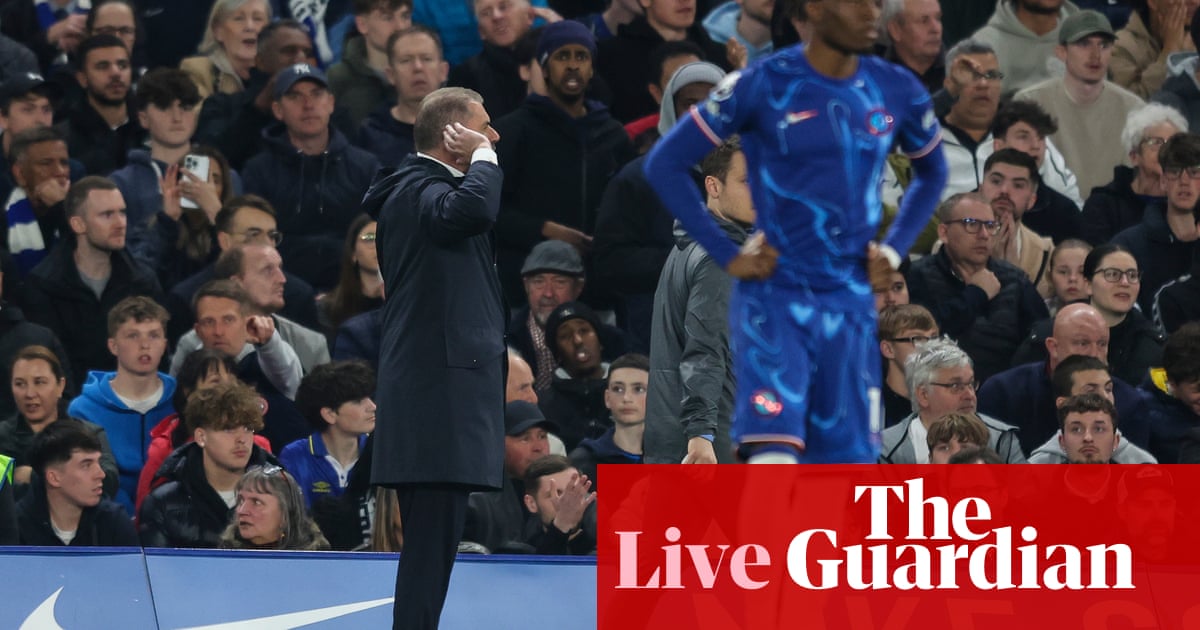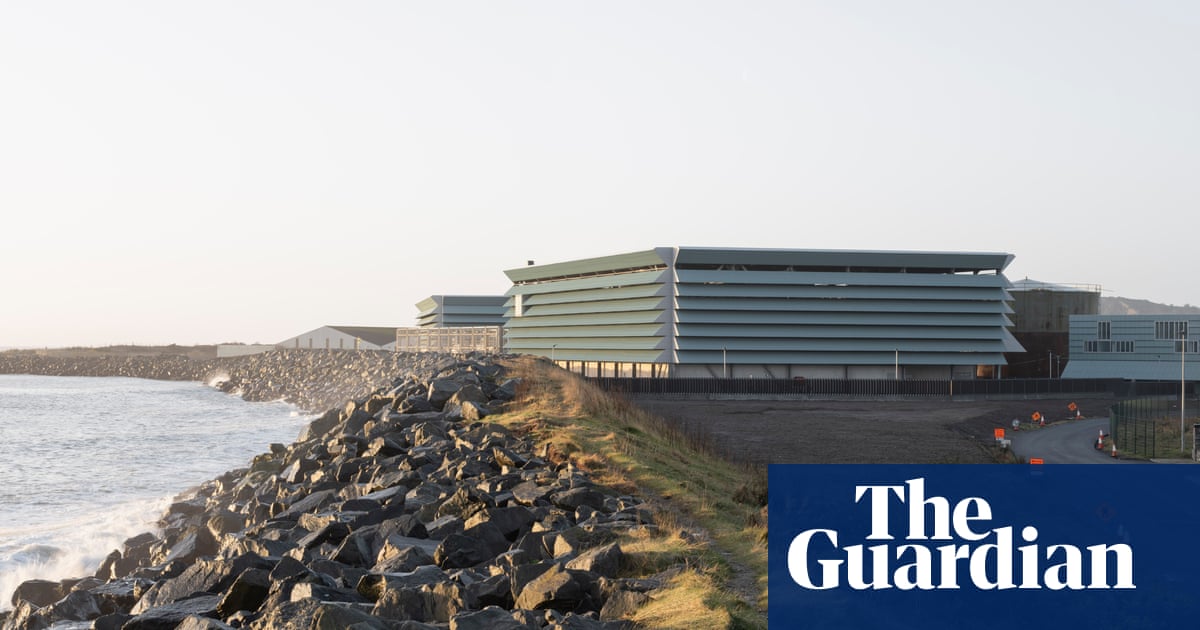Michael Johnson is one of the few true legends of track and field. Now, though, he is chasing the holy grail. Every four years, athletics is the biggest sport at the Olympics. In between, for most casual fans, it tumbles off a cliff. But Johnson, a four-time gold medallist across the Barcelona, Atlanta and Sydney Games, believes he can change all that with a new big-money professional track league, Grand Slam Track, which launches on Friday in Kingston, Jamaica.
“Grand Slam Track is the equivalent of UFC and Formula One,” he tells the Guardian. “The research tells us that people watched track during the Olympics because of the stakes, the stars, and the stories. So that is the recipe. And at the absolute heart of it is the head-to-head competition between the best athletes. Because that’s what people want to see.”
There will be four “slams” from April to June, with many of the biggest names in the sport chasing $12.5m (£9.5m) in prize money. But there is also an intriguing twist: at every three-day meet athletes will not only compete in their main speciality but against the world’s best in a second event.
“We’ve got the podium from the Olympic 1500m all competing,” says Johnson. “Josh Kerr, Yared Nuguse, and Cole Hocker. And in Kingston we’ve also got the Olympic 800m gold medallist Emmanuel Wanyonyi and the world 800m champion Marco Arop. They will be mixing it up against each other in both the 800m and 1500m, with no pacemakers. And we’ve got 10 more groups just like that.”
“So the athletes don’t just win one race and they are grand slam track champion, they have got to win enough points across two races: one of which is their dominant race, and one of which is not.”
The prizes are not to be sniffed at either: each winner this weekend will walk away with $100,000 (£75,800), with second taking $50,000 and even last place picking up $10,000.

It’s tempting to imagine Grand Slam Track being around in the era of Seb Coe, Steve Cram and Steve Ovett – and the excitement if they had regularly raced each other. “For years, track fans have been putting matchups together, saying this will be my fantasy race,” Johnson says. “We have brought the fantasy to life.”
Last year, the 57-year-old was quoted as saying that he thought he could save track, which – to put it mildly – divided opinion. But he insists there was more context to that statement than reported.
“Track doesn’t need saving,” he says. “Every four years at the Olympics, it’s great. Every four years it’s the most popular sport on the planet. Then it drops off, but even in between, over 155 million people every year watch at least two track meets, and 325 million people watch one. We know there is excitement out there. It’s just been so fragmented. So the pitch is that if you watched the Olympics and enjoyed it, you will absolutely enjoy this.”
Johnson rattles off more of the 48 star names that have signed up for all four meets, including the 400m hurdles world record-holder Sydney McLaughlin-Levrone and the Olympic 200m champion Gabby Thomas. Another 48 athletes will also be parachuted in as “challengers” for one or more of the slams, including Britain’s Dina Asher-Smith, who is racing over 200m and 400m this weekend.
All these names are great, I tell Johnson, but don’t the athletes also have to do more themselves to push rivalries and tell us what they really think? Perhaps surprisingly, Johnson doesn’t entirely agree.
“We in this sport have asked far too much of the athletes,” he says. “We’ve asked them to basically do it alone. Because there hasn’t been a professional exclusive league for them, no matter what anybody else says. The media does it too. ‘You need to show more personality. You need to be more like Bolt. You need to do this. You need to do that.’
“But by creating a professional league and a platform for them, the athletes just have to show up, race, talk from the heart and be authentically themselves. They don’t have to try to manufacture some sort of personality, because that persona is not real.”
after newsletter promotion
There is clearly a lot of goodwill towards Johnson. But not everyone is a believer. Sceptics point to the fact that the two biggest stars of the Netflix series Sprint, the Olympic 100m champion, Noah Lyles, and the women’s 100m world champion, Sha’Carri Richardson, have not signed up – which would have certainly helped attract more eyeballs in the crucial US market. There are also no field events. And filling stadiums in Miami, Philadelphia and Los Angeles across three successive days of competition will also be a hefty challenge.

However it is one that Johnson clearly relishes. “We’re doing what every athlete and fan, along with Sebastian Coe, the head of World Athletics, has said the sport needs,” he says. “We need to grow the sport. We need athletes to make more money. We need better broadcast deals. We want head-to-head competition. So I am not going to over-focus on the few people that have said it’s not for me.”
So what does success in the first year look like? “It’s about growing the brand, growing our fanbase, growing our attendance at our live events, and growing engagement,” says Johnson. “But we’ve already done two of the most difficult parts of all this: getting 48 of the best in the world signed up to the league, and having broadcast distribution in 189 countries.”
That includes the UK, where every round of the Grand Slam Track will be shown live on TNT Sports and Discovery+, with the Kingston event starting at 11.30pm on Friday.
And Johnson also has a message to those who fear the $30m of investment in Grand Slam Track could run out before he is able to change the sport he loves for the better. “We’re in this for the long haul,” he says. “Startups aren’t profitable in year one. You know if anybody comes to you with a startup, saying: ‘Hey, we’re going to be profitable in year one,’ run away as fast as you can. But we will continue to grow.”
In his book, Slaying the Dragon, Johnson talks about learning to love pressure. So how is he feeling on the eve of the big event? “There’s pressure, but there’s excitement right alongside it,” he insists, smiling. “We’re ready to finally get this thing started.”

.png) 20 hours ago
6
20 hours ago
6













































